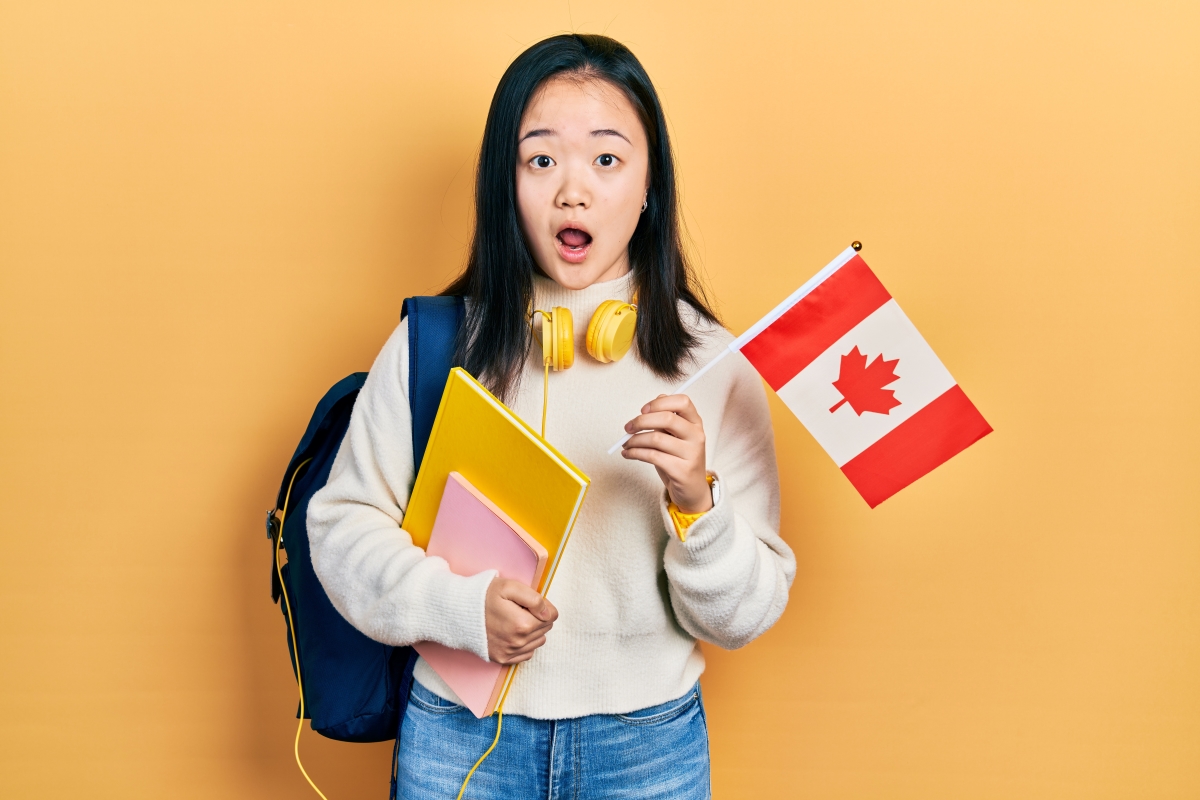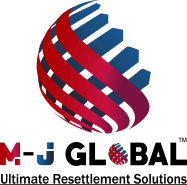Explanation: Canada has announced four significant improvements for international students.
Canada has announced a number of measures in the past several months to limit the number of foreign students who are admitted and those who are already enrolled in Canadian universities.

The most significant announcement was made in January by Immigration Minister Marc Miller, who stated that the Canadian government would impose a two-year cap on the number of applications for international student permits. The cap is predicted to provide about 360,000 authorized study permits in 2024, a 35% drop from 2023.
“International students make important contributions to Canada’s campuses, communities and economy; however, we have seen unsustainable growth in the International Student Program in recent years,” the IRCC stated in a statement.
“These recently announced reforms will support sustainable population growth in Canada and improve system integrity, while helping to ensure that international students have a positive experience in Canada,” it stated.
1. The province attestation letter and the student cap
Most new international post-secondary students at the college or undergraduate level must submit a provincial attestation letter (PAL) from a province or territory with their study permit application starting at 8:30 a.m. ET on January 22. Unless an exception applies, applicants without a PAL will be denied by Immigration, Refugees and Citizenship Canada (IRCC).
The cap does not necessitate any further action from overseas students whose applications were submitted by IRCC before 8:30 a.m. on January 22 or those who have already received permission for a study permit and want to travel to Canada for an upcoming program.
The cap does not necessitate any further action from overseas students whose applications were submitted by IRCC before 8:30 a.m. on January 22 or those who have already received permission for a study permit and want to travel to Canada for an upcoming program.
A provincial attestation letter is necessary for who?
Mary and pupils in secondary schools
students pursuing master’s or doctoral degrees;
visitors; exchange students; holders of study permits and work permits in Canada (including those who are applying for extensions);
family members of study permit or work permit holders in Canada;
students whose applications were received by 8:30 a.m. ET on January 22
2. PGWP update for master’s degree program graduates
Canada has extended the period of the Post-Graduation Work Permit (PGWP) in recognition of the great potential that graduates from master’s degree programs show to succeed in the Canadian labor market and possibly move towards permanent residence. With this revision, we hope to provide them plenty of chances to obtain the Canadian work experience that is essential for applications for permanent residency.
A 3-year extended post-graduation work permit will be granted to those who graduate from master’s degree programs that last fewer than two years, provided they complete all other PGWP qualifying requirements, starting on February 15.
PGWP lengths for programs other than master’s degrees will continue to match the length of the study program, with a maximum of three years.
3. PGWP eligibility for college programs involving public-private partnerships
Certain provinces allow public institutions to license its courses for use by private colleges that are linked with them. In these situations, students graduate from a public university even though they physically attend a private college. There have been concerns raised about the caliber of education these colleges offer as well as the lack of student support services.
A change has been made by the IRCC to restrict PGWPs for certain schools. This adjustment is based on the expectation that fewer overseas students will enroll in these programs if they are unable to qualify for a PGWP.
4. Modifications to spouses’ open work permit eligibility
The requirements for open work permits for the wives and common-law partners of international students will be changed in the coming weeks.
For whom is an open work permit appropriate?
Wives and common-law partners of students enrolled only in graduate (master’s and doctorate) and professional degree-granting programs are eligible. Spouses and common-law partners of international students seeking to extend their current work permit will continue to be eligible under this category following the implementation of these modifications.

